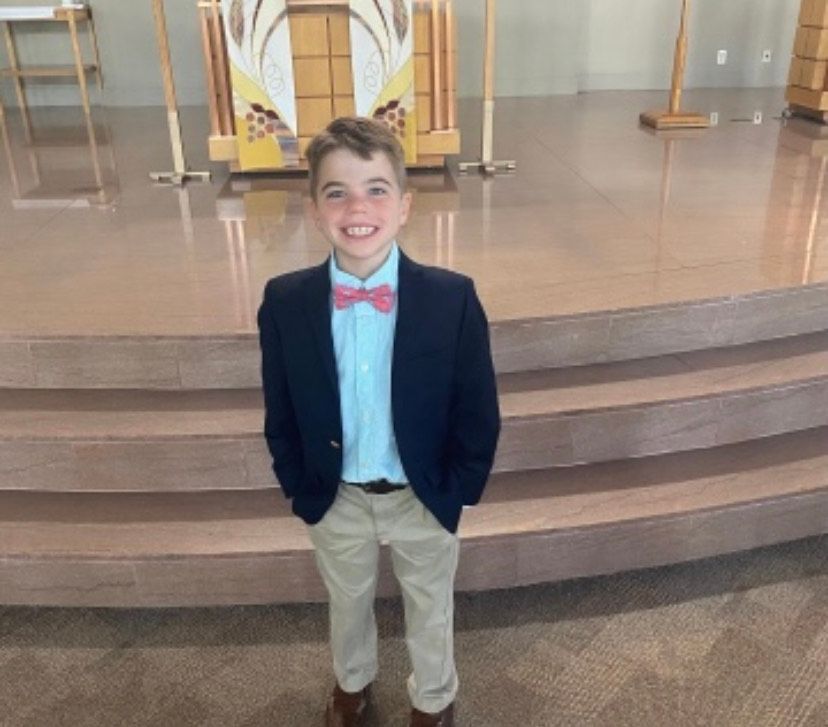Rare Disease Month Reflection 2023

In years past, this month meant validating and honoring Thomas and his compatriots in their daily trials, silent sufferings, and herculean efforts for normal tasks.
In the 10 years living with rare disease, our lives have largely revolved around Thomas’s therapies, medical specialists, school-based interventions, and daily trial and (so so often) error to find solutions to his challenges.
Rare disease has meant years of sleepless nights because his uncooperative hands couldn’t pull up his blankets or his sensory processing struggles sent him sleeping in our closet or outside our door.
It has meant asking our other children to please hold on, give mama a minute, and to forgive her when she never came to them after that minute was up. It has meant siblings striving to understand their brother’s needs and having to (so so often) prioritize his over their own very real, very valid needs.
It has meant years of filling out forms, talking to insurance companies, and following up with doctors, therapists, coaches, teachers, and administrators.
Lately, though, rare disease is different. He has miraculously graduated from outside of school therapies. He only sees a few specialists every few months and he is thriving in school. Instead, rare disease has come to mean, “why am I different? Why is this hard for me? Why do I get picked last? Why does a huge crowd at a church small group feel intolerable to me? Why does my stomach hurt all the time? Why do I melt down sometimes?”
Rare disease now is about coming to terms with the hard, good story we promise Thomas that God is writing for him. It is about helping him be proud of who He is and whose He is. It’s about celebrating big wins and talking through hard losses.
To all the children walking with rare disease, never forget this - You are a damn rockstar. And to the parents and caregivers? God makes zero mistakes but yes, this crap is hard every day and we see your silent suffering. We raise our vodka tonic to you.
To Mary Kate, Tim, Elizabeth and David- we are so sorry for the times you have had to wait or felt unseen while we had to prioritize Thomas. This good, hard story is yours too and we pray you steward it well, infused with the compassion, empathy, and understanding that can come from loving someone rare.
To Thomas, Jeremiah 29:11 my boy. A front row seat to His plans for you is among my very greatest privileges in life- even if you give dad all the credit for your successes �55357;�56473;
